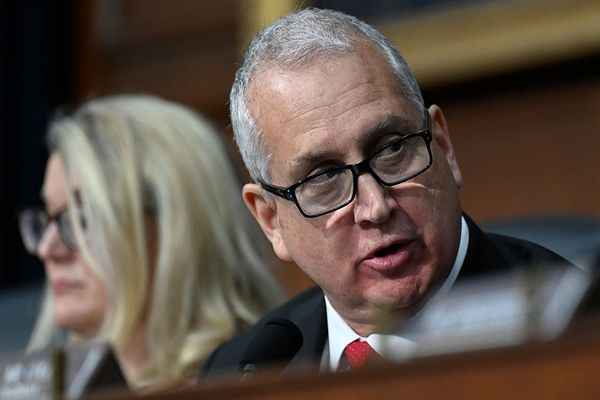
The weight of Formula 1 cars has ballooned by 200kg over the past two decades, with the 2023 minimum weight of 798kg for an empty car setting a new record.
The excessive weight of the current crop of cars, which has made them more sluggish to drive in low-speed corners, has become a point of contention, with early plans being made to make them lighter again from 2026 onwards.
Speaking to Motorsport.com earlier this month FIA president Mohammed Ben Sulayem said reducing the weight of F1 cars was a project he was personally backing and something that "everybody wants".
While F1's drivers are unanimously in favour of the idea, Red Bull's Verstappen pointed out that the current hybrid engines and safety advancements will make it tricky to shave off a significant amount of weight.
"Honestly, that's going to be a bit unrealistic to achieve because otherwise, we wouldn't have been this heavy anyway, right?," he said when Motorsport.com asked him about the plan.
"Also, in 2026 with the bigger battery, that will weigh a lot more, so I'm not sure if that's heading in the right direction.
"But I will always be in favour of lighter cars because I already enjoyed the '21 car more than what we have now in terms of how agile it was. Now the car in the low speed is a bit of a boat."

Aston Martin's Fernando Alonso, who joined F1 in 2001 when cars weighed in at only 600kg, also backed lighter machinery, but felt their excessive dimensions are a bigger detriment to the racing.
In 2017 they were widened to 2m, a width last seen in 1997, and the current crop of cars has grown to a maximum length of 5.63m.
"I think it's more the size than the weight of the cars, which makes things a little bit more difficult," Alonso said. "Into the first couple of corners in the race it is difficult now to position the car just because the size of it, not because the weight of the car.
"So, yeah, I think it's going to be difficult to really reduce significantly the weight of the cars, as the hybrid engines will always be heavier than the normal engines and the safety on these cars is a lot higher as well.
"I know there is some interest of going in that direction. Let's see what they can do, it will be always welcome and it's always more fun to drive light cars.
"But at the end of the day I think it's more the size which makes racing more difficult."

Mercedes driver and GPDA director George Russell believes the current weight is also a safety issue due to the increased forces involved in any accident.
"If you're doing 100 miles an hour and you've got a car that weighs the same weight as a bus and you crash into something versus a Smart car, that bus is going to do more damage," he added.
"So, this is where the engineers within F1 and the FIA need to find the perfect compromise."







